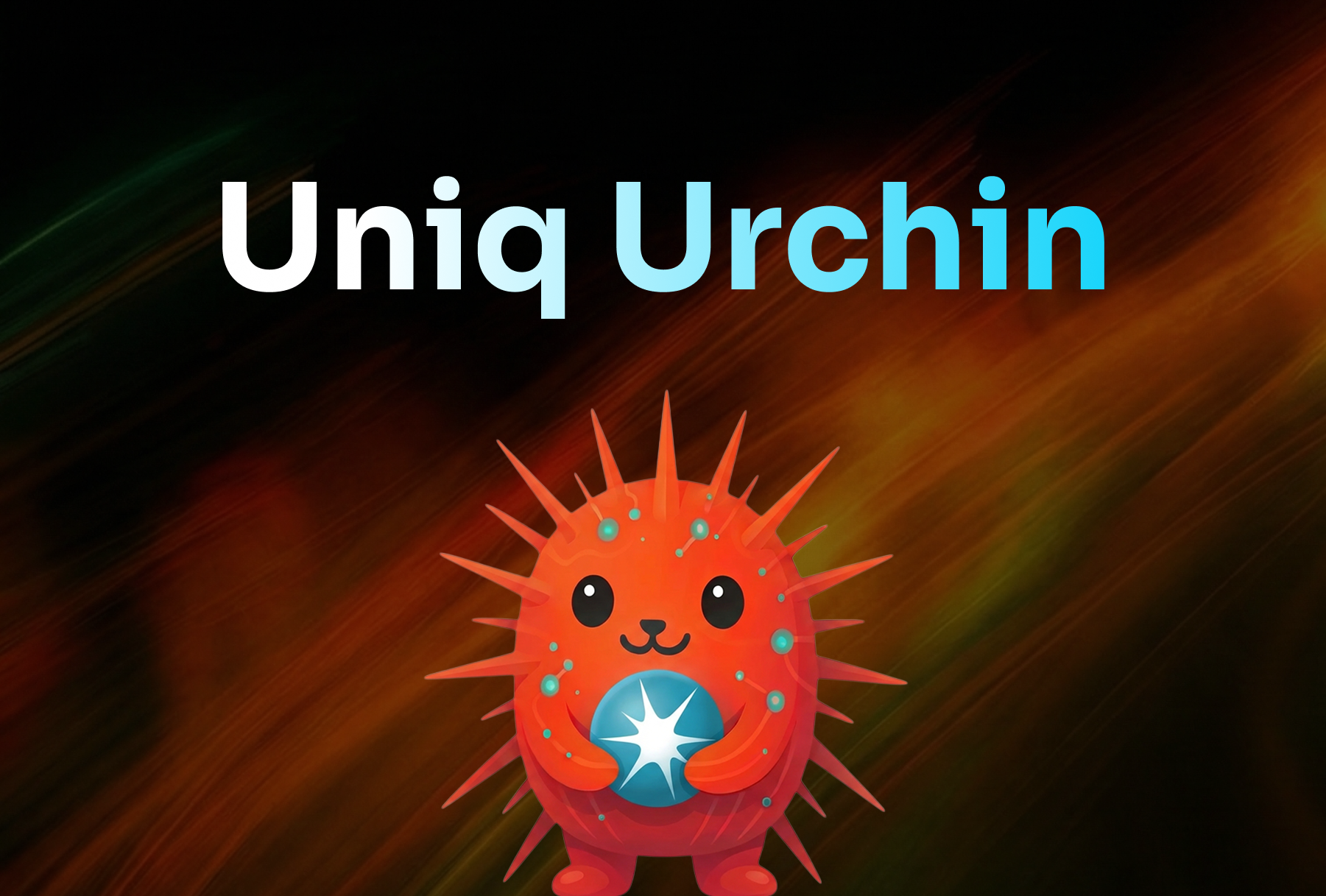TL;DR
LightOn's LLM Mini, with 40B parameters, has gained significant attention in the tech industry for its ability to generate natural language responses and understand human language better than ever before. This powerful tool's potential extends beyond creating human-like chatbots or writing news articles. The LLM Mini can play a vital role in creating personalized customer experiences.
By analyzing large amounts of customer data, LLMs can generate insights that businesses can use to tailor their offerings to individual customers, improving customer experience and increasing customer loyalty. Here are a few ways LLMs can create personalized customer experiences:
1. Natural Language Processing (NLP) in Customer Support:
Businesses can offer more personalized customer support with LLMs that understand natural language queries and respond with helpful information, quickly resolving customer issues. This leads to higher customer satisfaction by reducing the frustration customers experience when interacting with automated support systems.
2. Personalized Recommendations:
LLMs can generate personalized product recommendations by analyzing a customer's purchase history and online behavior. These recommendations can increase sales and customer loyalty by creating a tailored shopping experience that meets the customer's individual needs.
3. Chatbots:
Chatbots powered by LLMs offer a more personalized experience by understanding and responding to customers in a more human-like way. LLM-powered chatbots can quickly answer customer queries, offer personalized product recommendations, and even process orders, creating a seamless experience for the customer.
Using LLMs to create personalized Customer experiences can be designed at several degrees of customization. Given detailed instructions, LightOn’s LLM Mini is already more than able to improve customer experiences out of the box. However, the following techniques can be used to personalize this process even more.
First, few-shot learning enables LLMs to learn new tasks with minimal training data. By providing the LLM with a few examples, it can generate responses tailored to the customer's needs, without requiring a large dataset. Another technique is connecting LLMs with embeddings. By connecting an LLM with a set of embeddings that represent a company's knowledge base, it can answer customer questions based on that knowledge. This technique, sometimes referred to as "super search", enables customers to get answers to their questions quickly and efficiently, without the need for human intervention.
Finally, given a sufficient amount of data and the adequate hardware, the LLM can be fine-tuned on a company’s know-how. LLMs have the potential to revolutionize the way businesses interact with their customers, by creating personalized experiences for improved customer satisfaction and loyalty. While there are well-identified challenges associated with using LLMs, techniques such as few-shot learning and connecting LLMs with embeddings can help mitigate these challenges, enabling businesses to create more personalized and efficient customer experiences. By leveraging these techniques, businesses can improve customer satisfaction and loyalty, while also reducing the workload on customer support teams.
All of the capabilities mentioned above are made possible by LightOn's Paradigm, an AI platform that elevates natural language processing and machine learning to the next level thanks to cutting-edge LLMs. With LightOn Mini, businesses can create personalized customer experiences by analyzing large amounts of customer data and generating insights that help tailor offerings to individual customers. If you're interested in learning more about LightOn's offer with Paradigm and LLM Mini and how it can benefit your business, please contact us for a demo.
.svg)




.avif)
.avif)